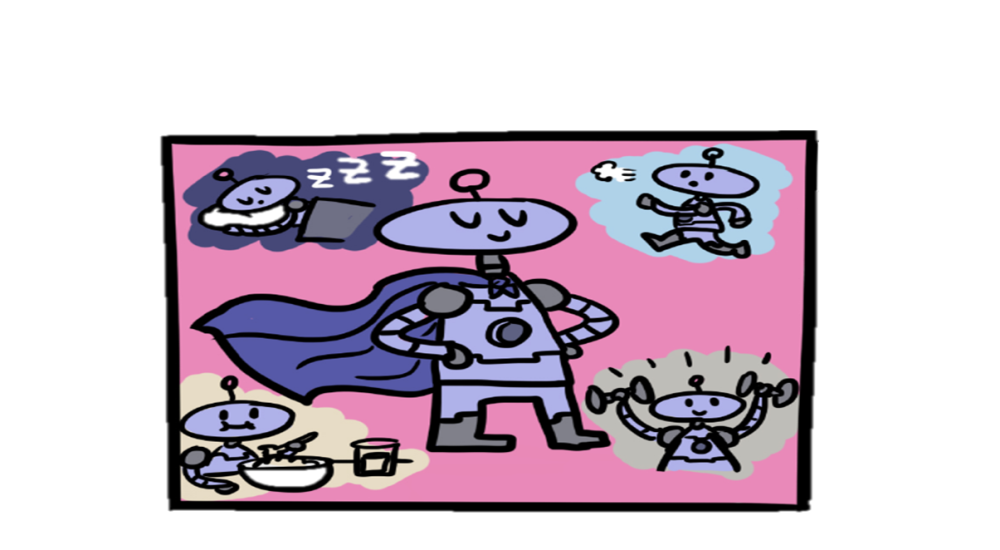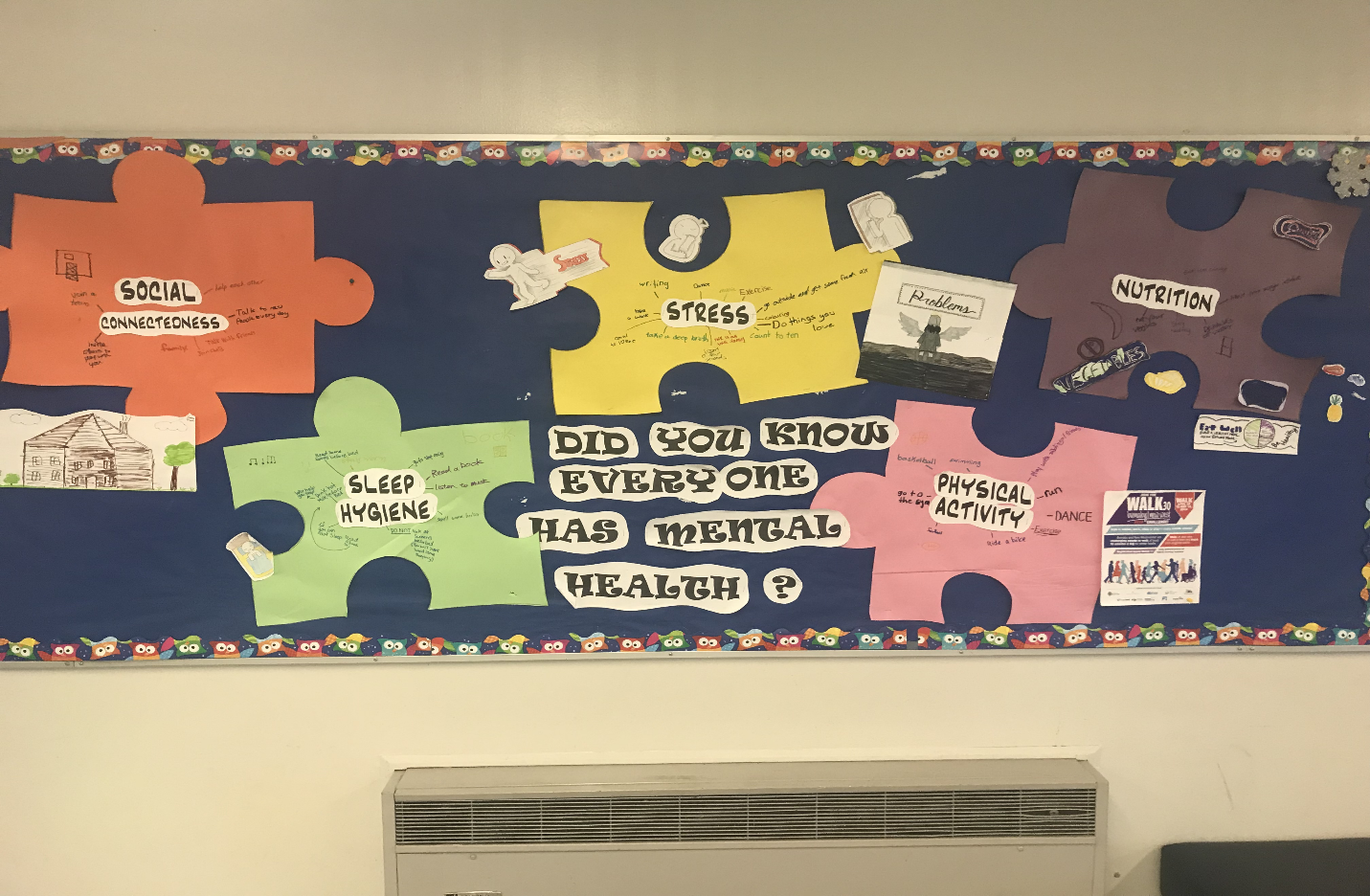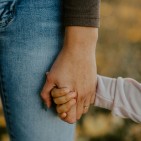
With the start of a new school year underway, parents, families and educators may be wondering how they can help children navigate the online world with success and have a positive impact on their health. They may want to talk to children about balancing “screen-time” with healthy behaviours and its affect on their mental health. In this guest blog, Dr. Kendall Ho and team, talk about digital health literacy, its links to healthy behaviours and mental health, and the Learning for Life program for grade 4-7 students (children 9-14 years old).
What is the Learning for Life program?
Learning for Life is a program that teaches skills in healthy living and digital health literacy among students grades 4-7 in BC. Learning for Life resources have been developed with a diverse panel of education, clinical and public health experts. This resource:
- Explores how technology can support students in being healthier by building skills in digital health literacy while balancing “screen-time” with healthy behaviours.
- Teaches skills around five healthy lifestyle behaviours: physical activity, healthy eating, sleep, stress management and social connectedness.
What is digital health literacy?
When we talk about ‘digital health literacy’, we mean the set of skills that a person has for searching and assessing online health information, and applying that information to improve their own health. For example, if a child or adult is interested in finding out what a balanced diet might look like, someone with digital health literacy skills would be able to find and compare websites to assess if the information is likely to be accurate, up to date and from a reliable source.
Why was this program developed?
School-aged children in Canada are highly involved with technology and social media! Digital health literacy is particularly important for children today, as we see that children have more and more unsupervised access to computers/smartphones and the internet. Childhood is an important time to shape health-related behaviours and set the stage for good health and wellness in adolescence/adulthood.
How does the Learning for Life program promote mental health in children?
Digital health literacy is clearly important to a child’s health. Having good digital health literacy means that a child is better able to find good quality health information from trustworthy online sources and that they can make informed decisions around whether to follow health advice. Such skills are important to mental wellbeing in a number of ways, including being able to access and benefit from good quality resources around mental health. In addition, these skills are important to being critical around media or advertising that may negatively impact mental health. For example, an advertisement for a new ‘fad diet’ for weight loss might appear on social media. Children with skills in digital health literacy may be more critical about accepting the message and less persuaded by advertisement techniques that could promote unhealthy body image.
In the Learning for Life program, we discuss how different aspects of health are interconnected – that means thinking about how your nutrition, physical activity, screen-time, stress levels, social connections, and sleep can affect each other! These interconnected aspects of health are considered to play a huge role in mental health. For instance, if a child is not getting enough sleep, or the quality of sleep is reduced through excessive screen-time before bed, this can negatively impact mental health. If the same child is also not getting enough physical activity and/or connection with others, this could increase the likelihood of that child experiencing mental health difficulties.

*Artwork developed from Learning for Life activities at Burnaby Schools
Resources for teachers/educators
Teachers, counsellors, and school administrators are encouraged to download and share the free Learning for Life toolkit from our website! The toolkit includes lesson plans connected to the BC curriculum K-9 core competencies. Activities for students include in-class and take-home activities, along with exciting online choose-your-own-adventure graphic novels!
Resources for parents/families
The toolkit includes tons of resources for families to learn more about the key health topics and tools to help approach discussions around health with your children. Parents/guardians are welcome to visit our website and check out the freely available interactive online graphic novels. We currently have three different choose-your-own-adventure novels available, covering sleep hygiene, peer support/friendship, and nutrition. Try reading the novels together with your child!
Here are some examples of resources in the toolkit for families and educators!
- This animated video describes “eHealth” (digital health).
- Action Schools BC
- Live 5-2-1-0
- Stresslr
- Anxiety Canada’s MindShift CBT app







